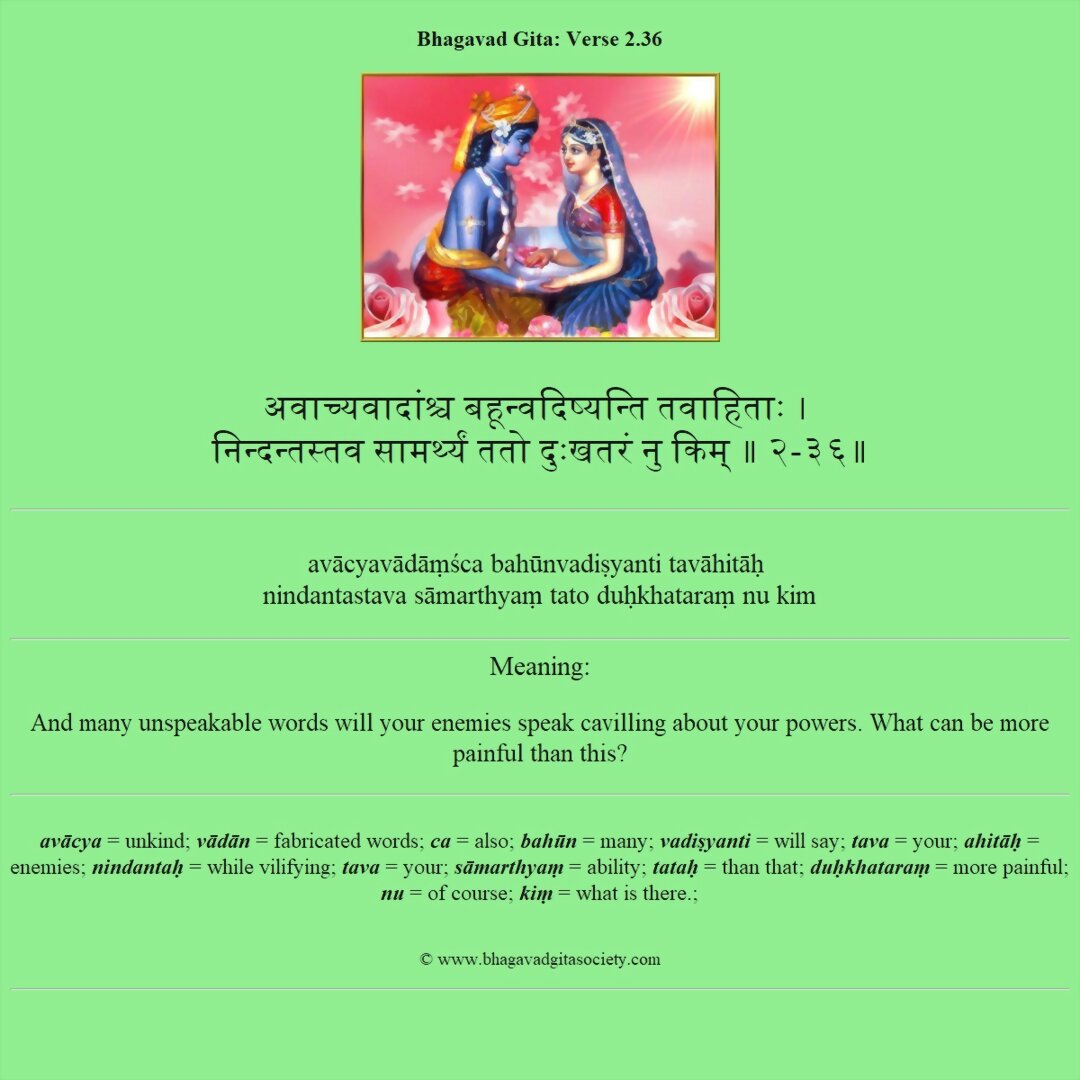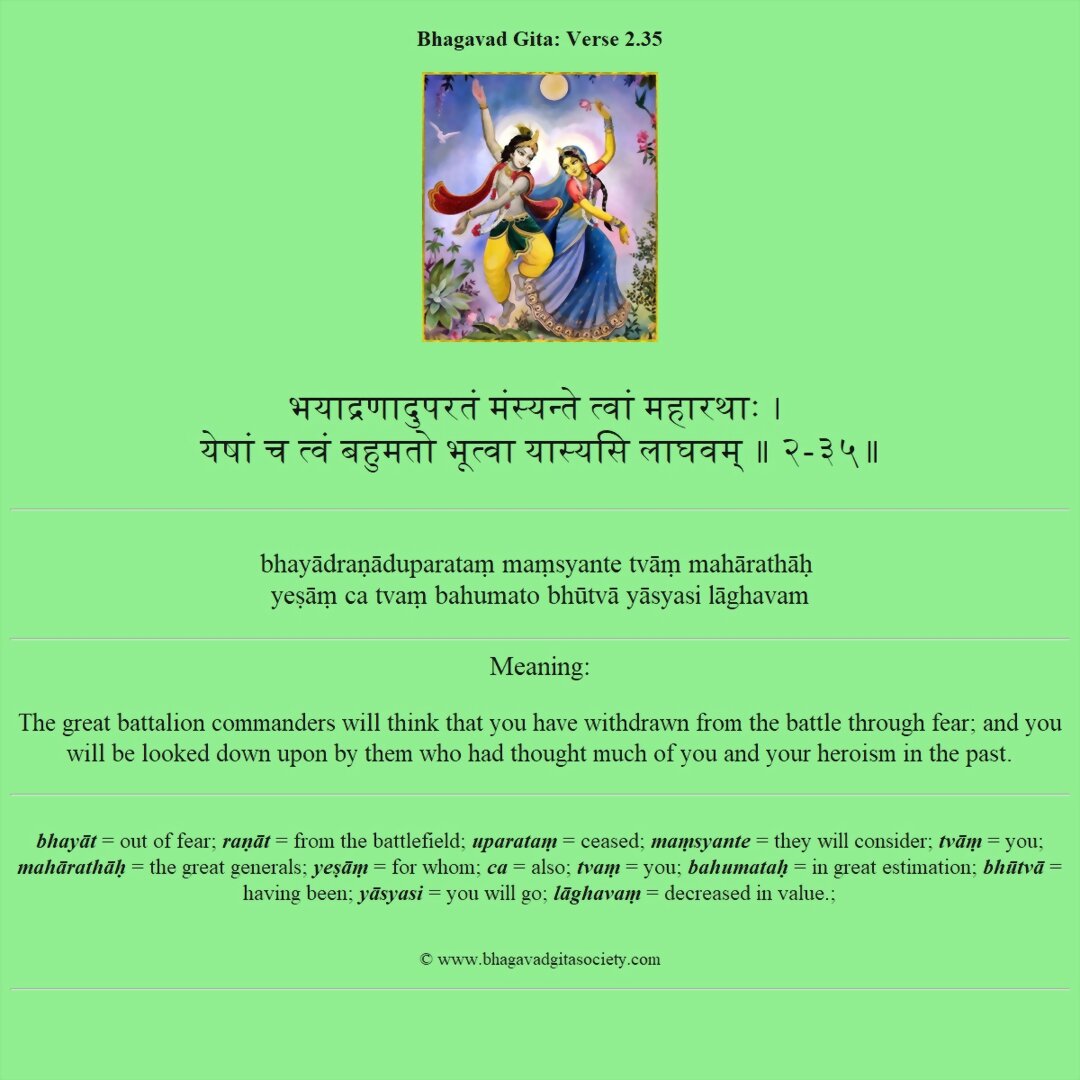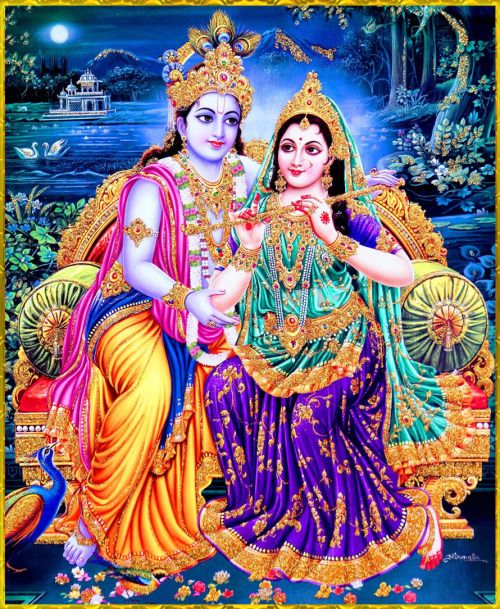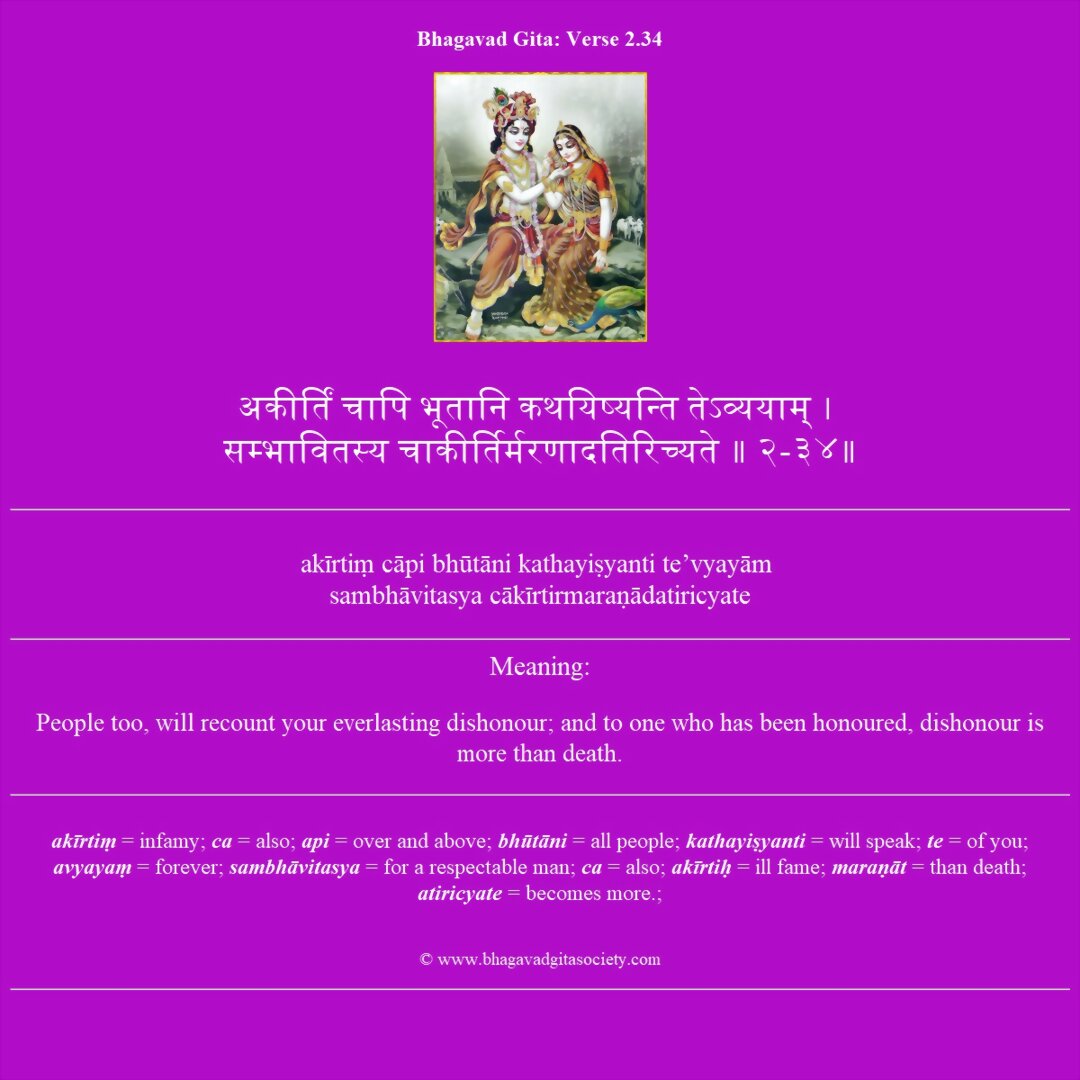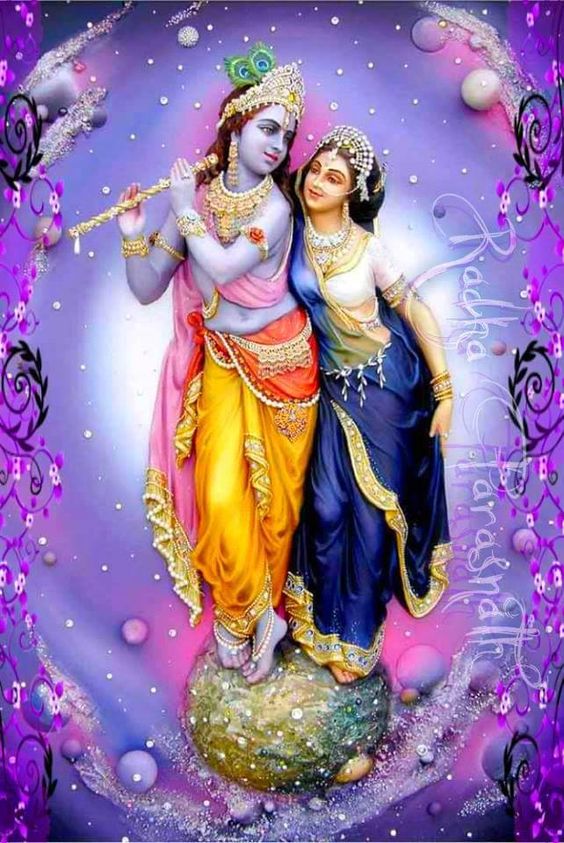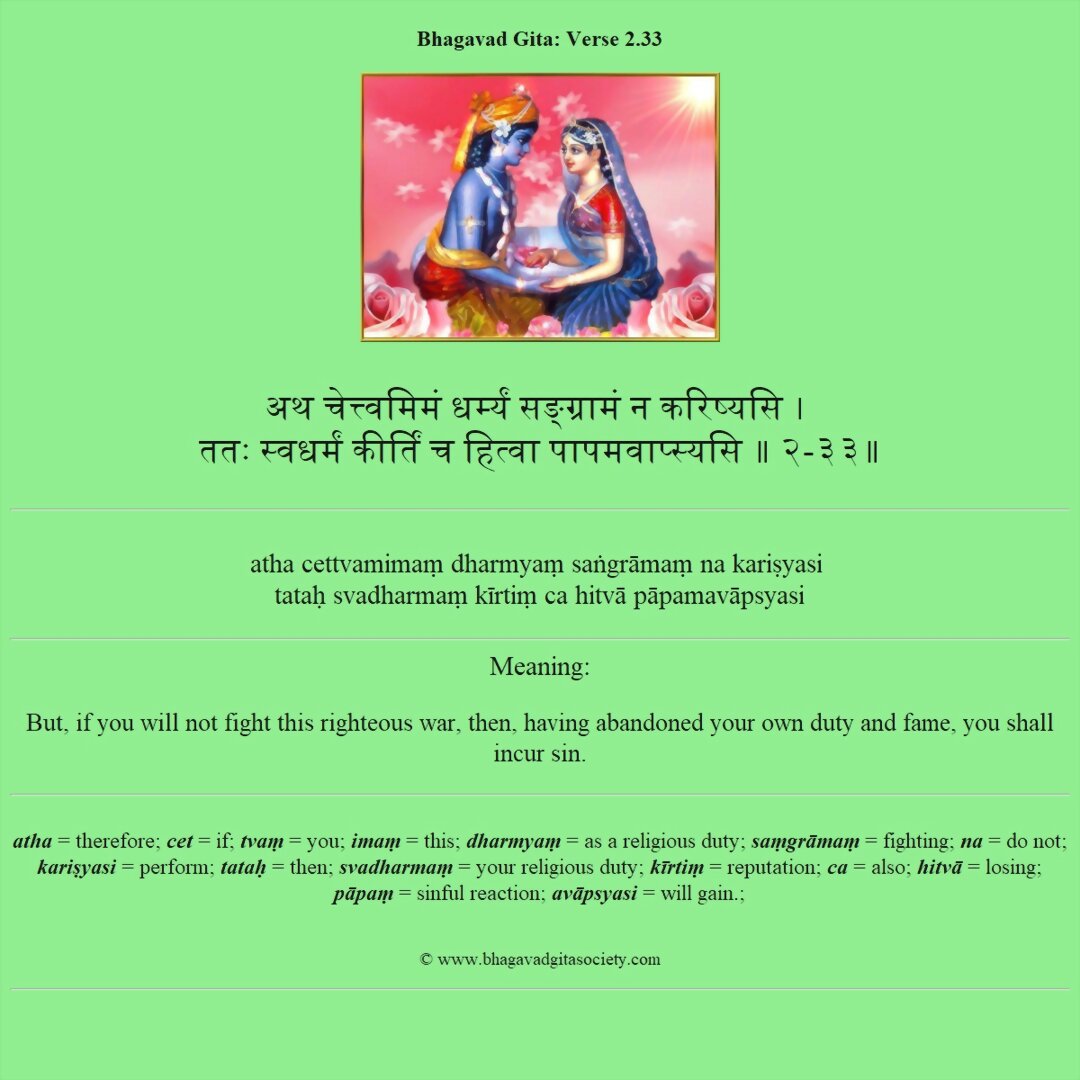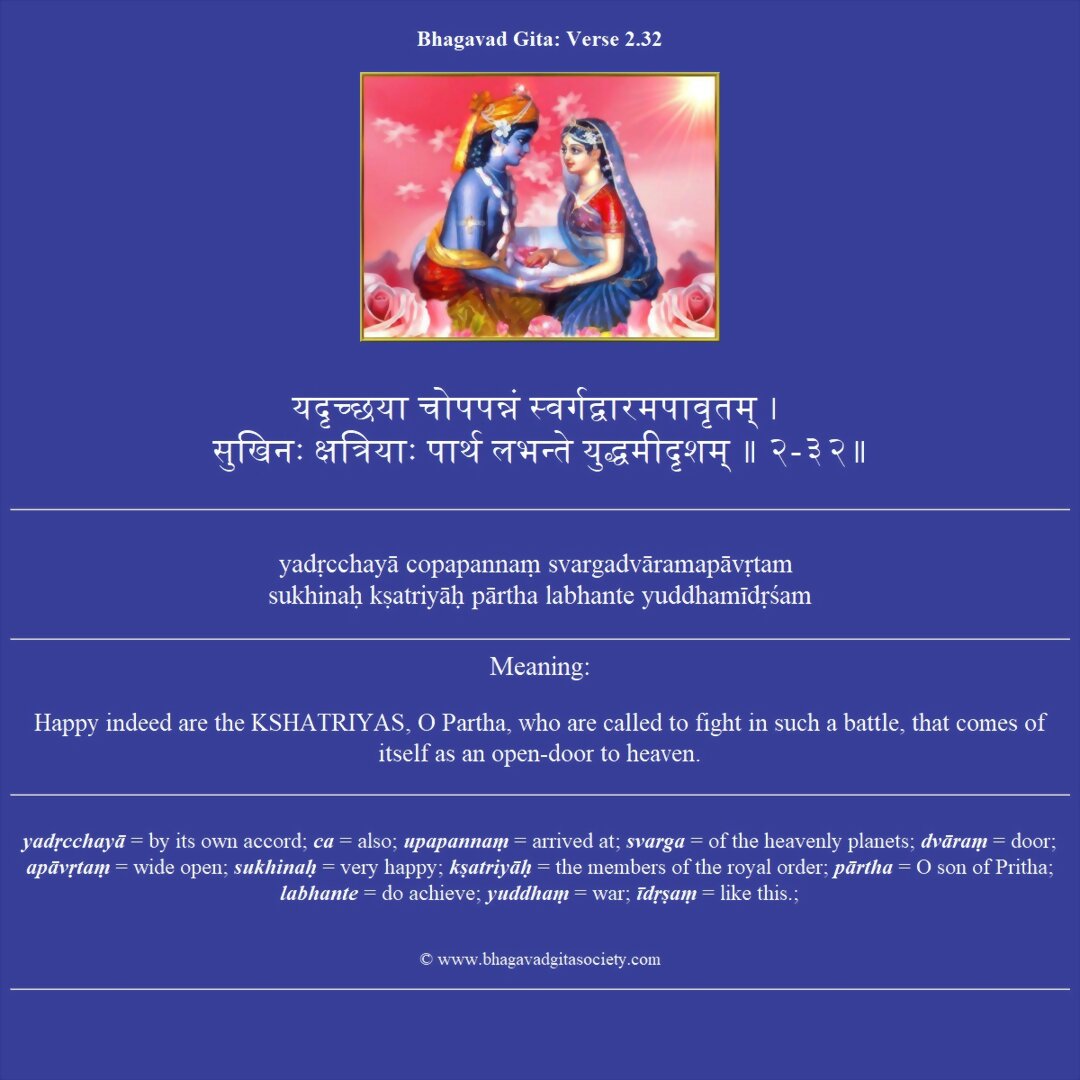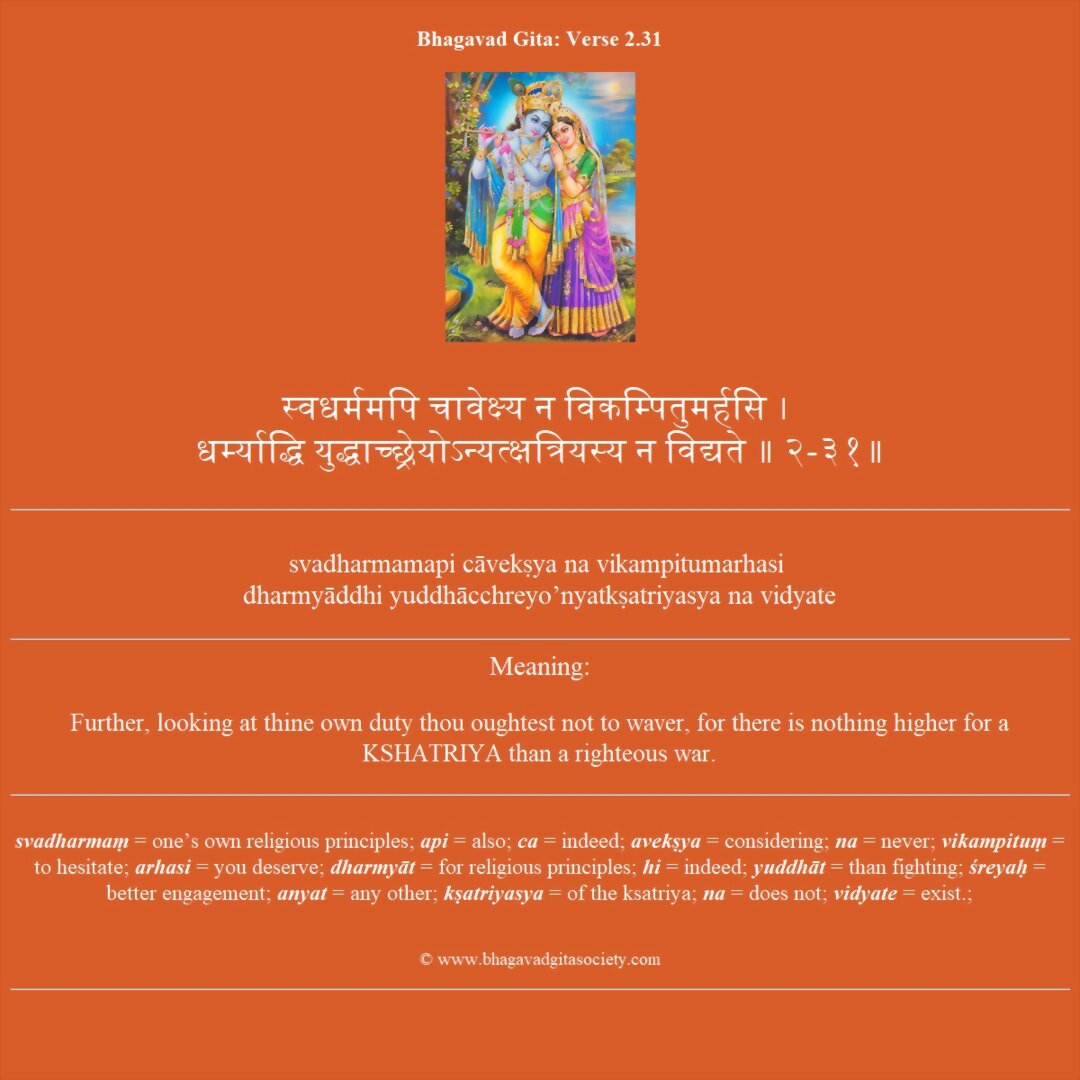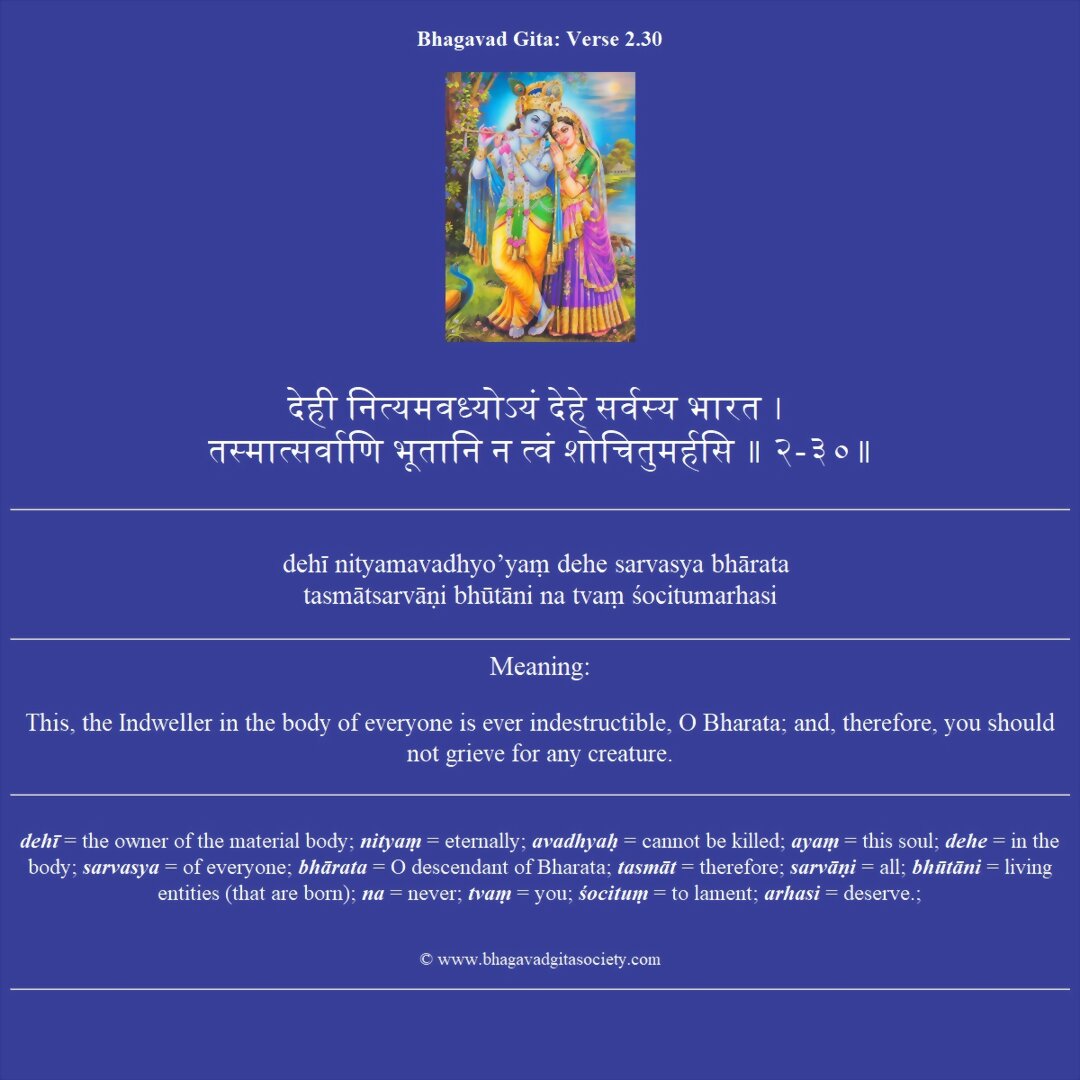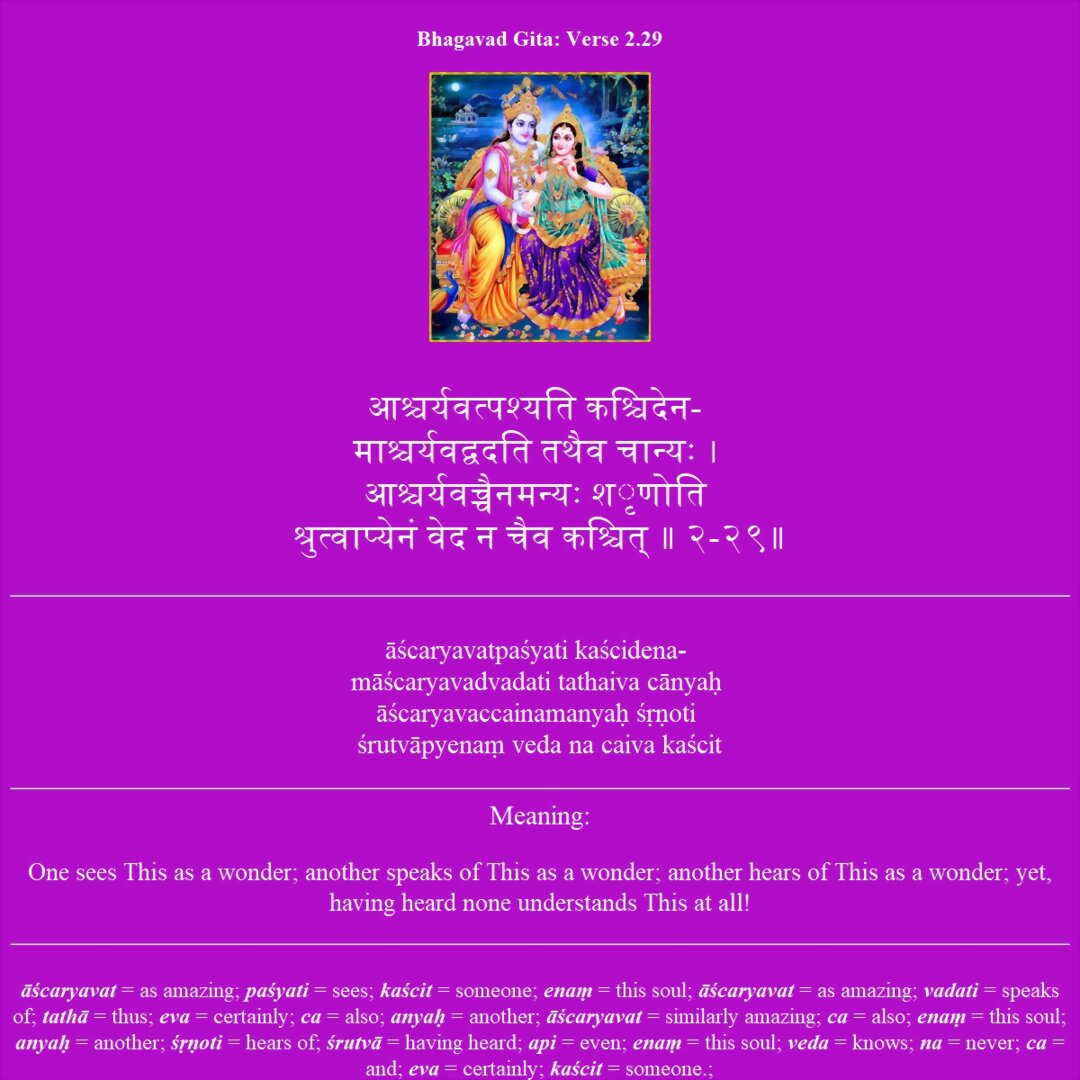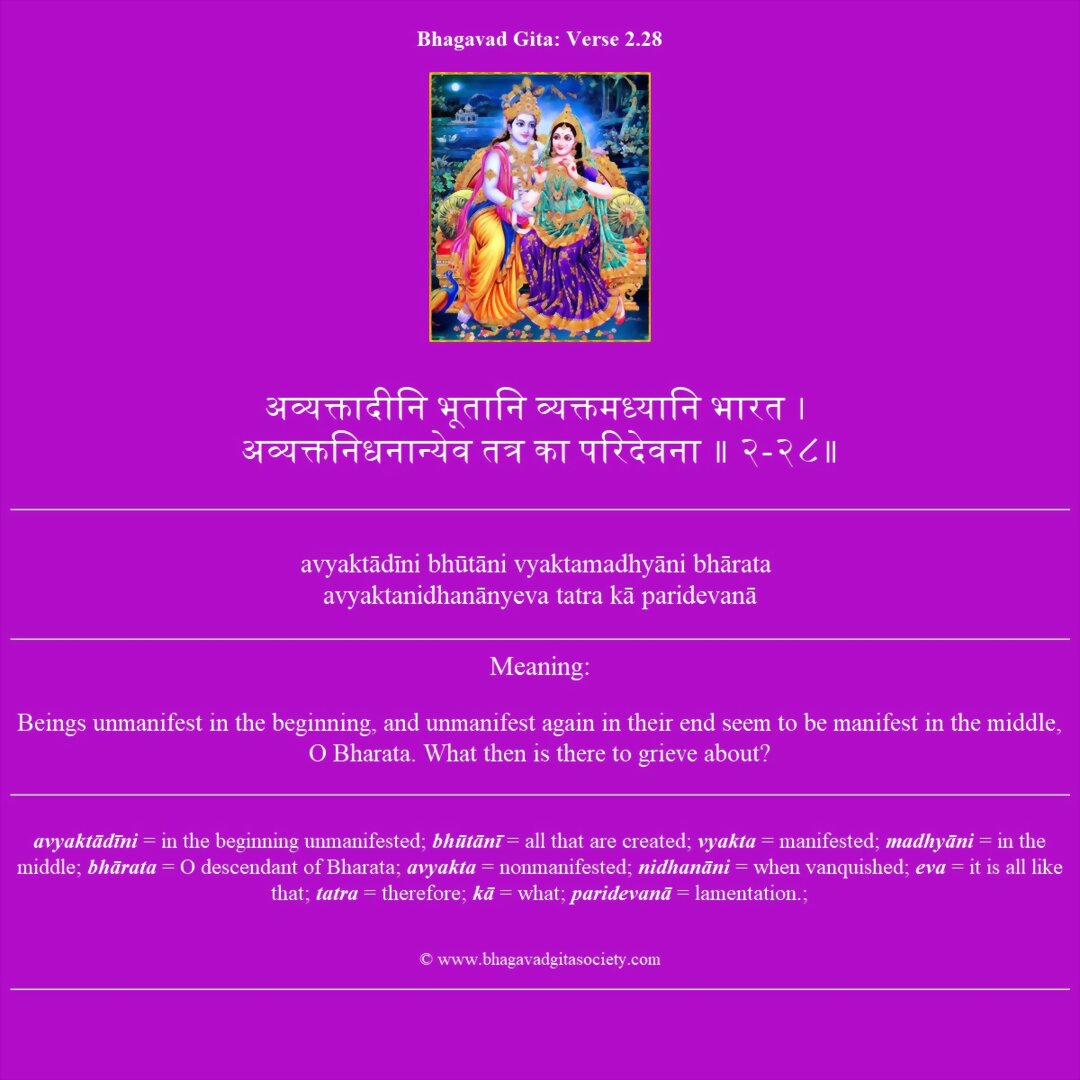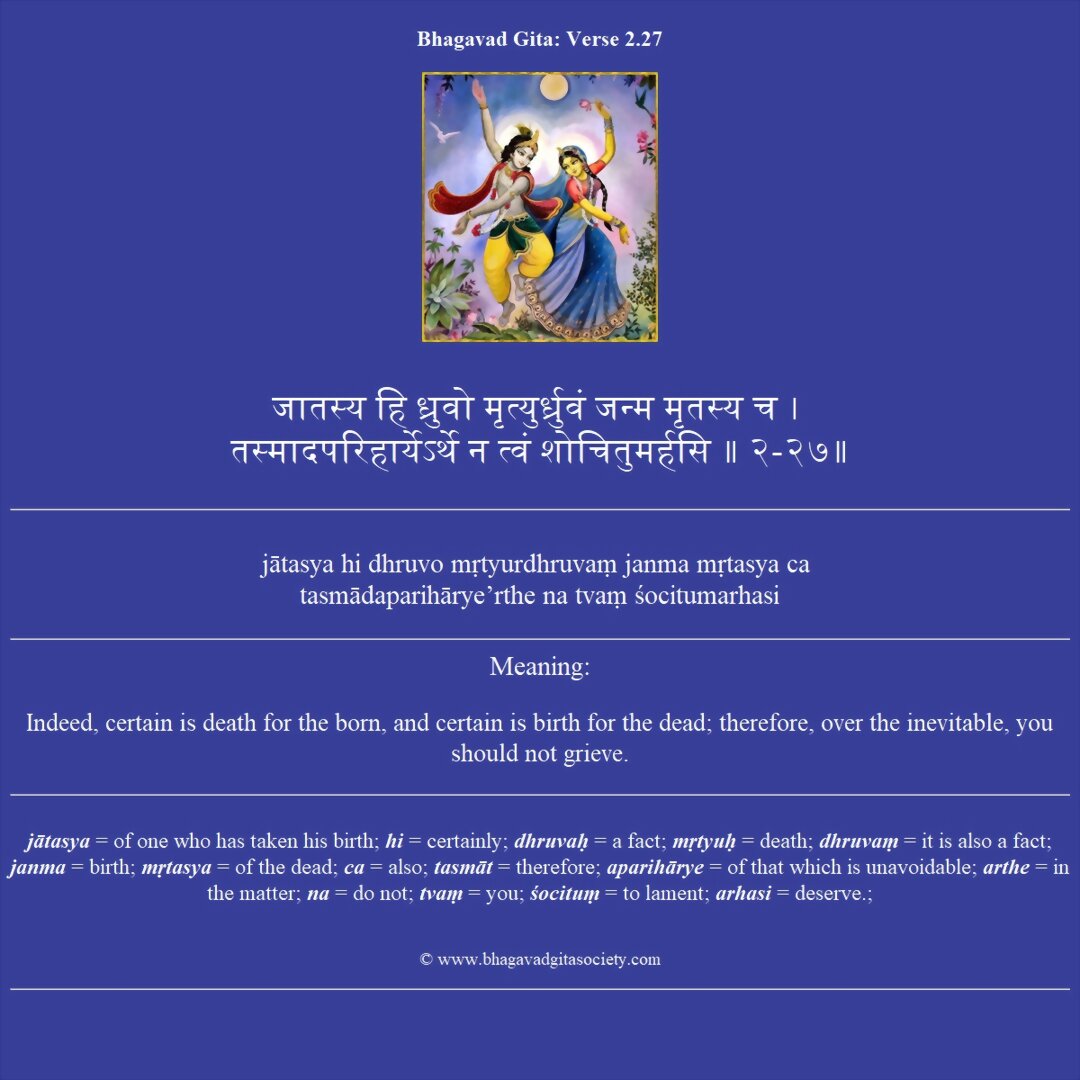Bhagavad Gita: Verse 2.36
अवाच्यवादांश्च बहून्वदिष्यन्ति तवाहिताः ।
निन्दन्तस्तव सामर्थ्यं ततो दुःखतरं नु किम् ॥ २-३६॥
avācyavādāṃśca bahūnvadiṣyanti tavāhitāḥ
nindantastava sāmarthyaṃ tato duḥkhataraṃ nu kim
Meaning:
And many unspeakable words will your enemies speak disparaging your powers. What can be more painful than this?
avācya = unkind; vādān = fabricated words; ca = also; bahūn = many; vadiṣyanti = will say; tava = your; ahitāḥ = enemies; nindantaḥ = while vilifying; tava = your; sāmarthyaṃ = ability; tataḥ = than that; duḥkhataraṃ = more painful; nu = of course; kiṃ = what is there.;
